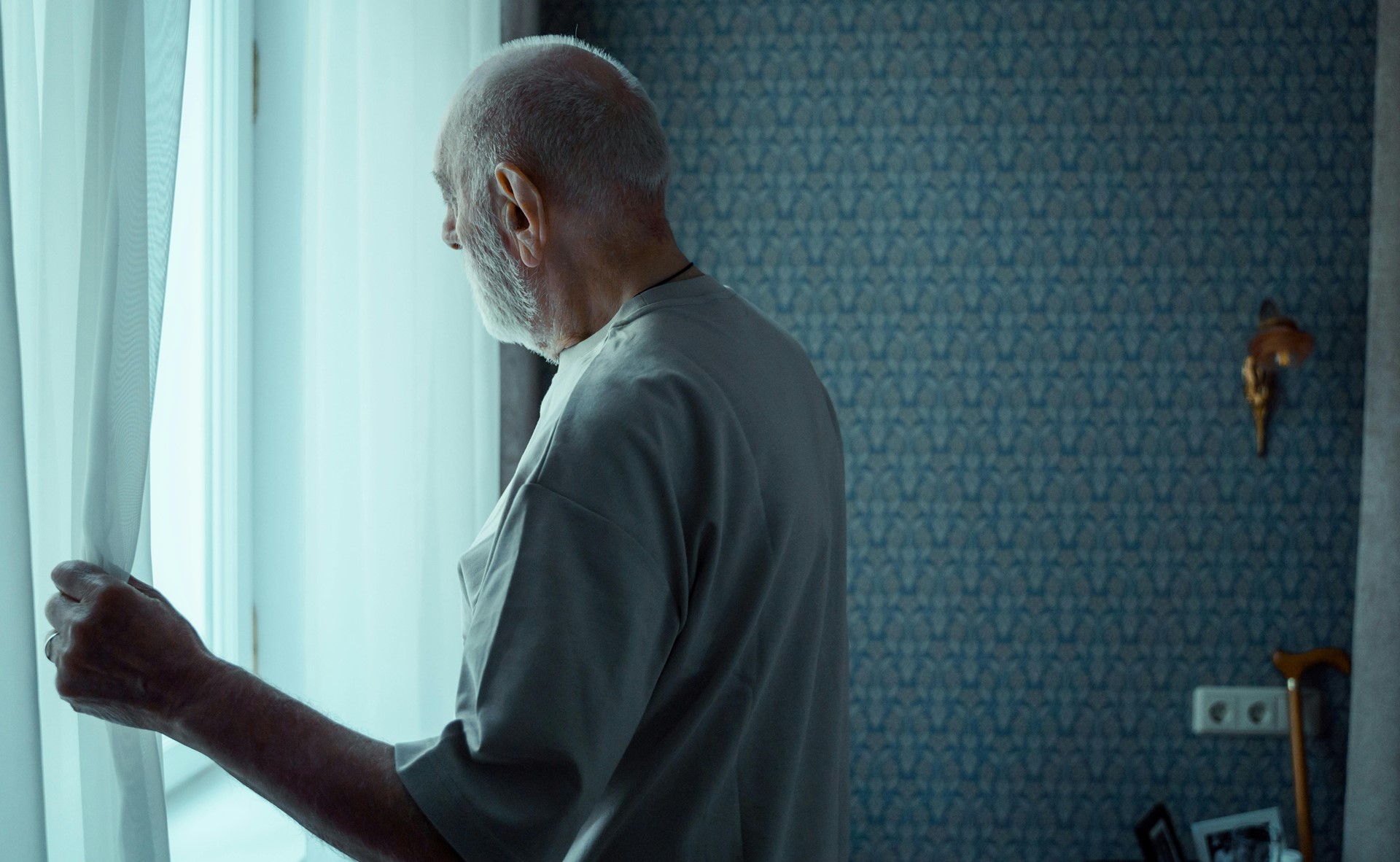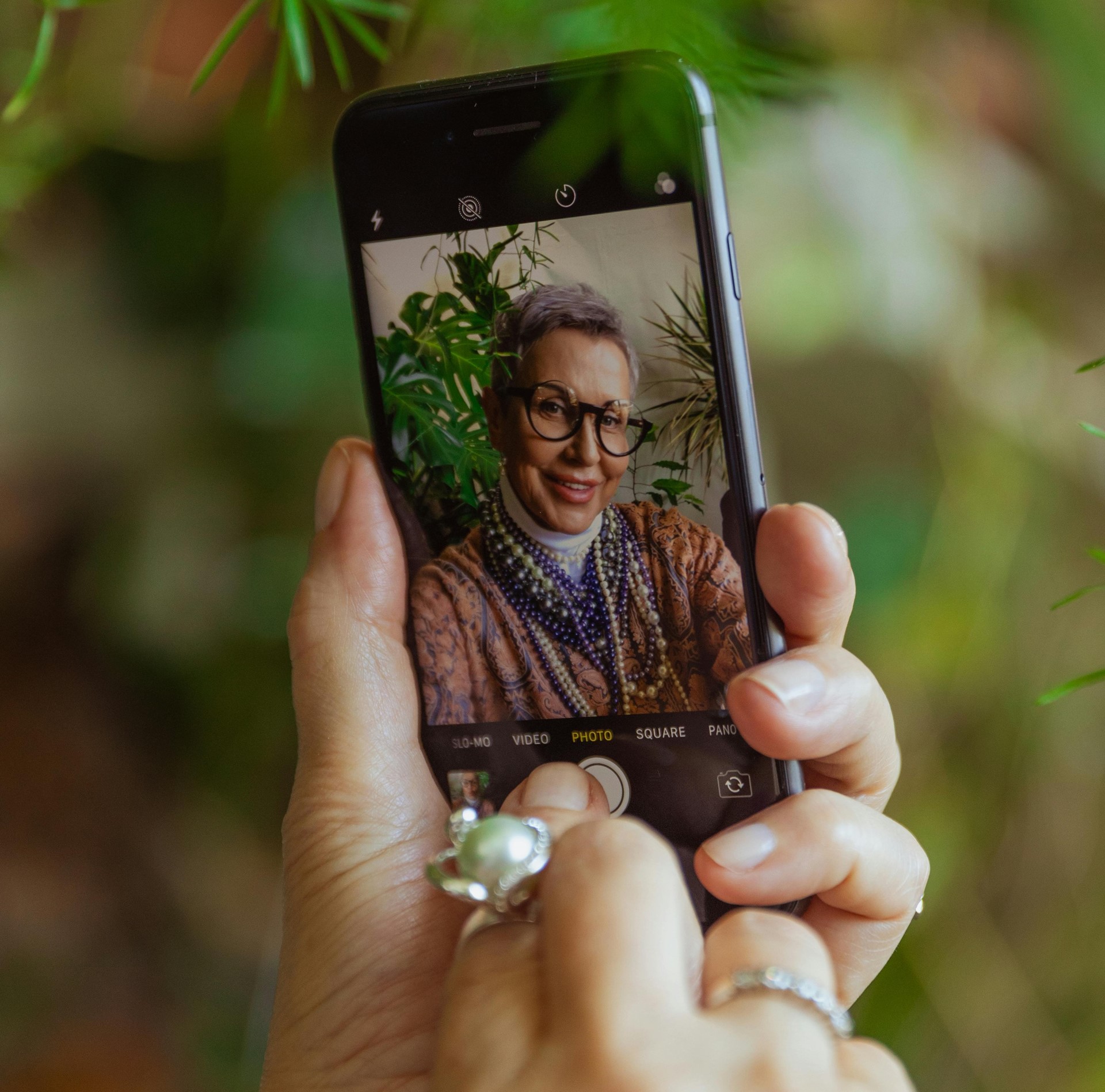
Overcoming Elderly Loneliness
Find out more about how loneliness affects the elderly and what we can do to help combat it
Published: 16/02/2024

Understanding Loneliness in the Elderly
In the UK, loneliness among the elderly is a growing concern that causes profound implications for mental and physical health. As we age, various life events such as retirement, loss of loved ones, or physical limitations can magnify feelings of isolation. Combatting loneliness is vital, not only for a person’s health, but also their overall happiness.
In Hertfordshire, around 75,000 older people live alone. Of this, it is estimated that 48,000 older people do not go out socially at least once a month. Many of our clients live alone, and sometimes we are the only people they see for weeks on end. Therefore, it is beneficial to understand the impact of loneliness, and how we can help combat it.
The Impact of Loneliness on the Elderly
The impact of loneliness on the elderly is multi-factored. Loneliness can affect people’s mental health, leading to an increased risk of depression and anxiety. The emotional toll is often accompanied by a decline in cognitive ability, which can speed up the progression of conditions such as Alzheimer's. Likewise, loneliness can impact a person’s physically health, contributing to a decline in cardiovascular health as well as a weakening of the immune system.
How to Combat Elderly Loneliness
There are various ways of addressing loneliness in the elderly. Beginning with one key aspect that focuses on fostering meaningful connections. Encouraging participation in social activities, such as joining clubs or attending community events, can create opportunities for forging new bonds and experiences. Similarly, volunteering helps create meaningful connections while also contributing to the local community, as well as maintaining existing connections with friends and family, whether face-to-face or virtually. Building and sustaining a social network is essential to reducing feelings of isolation.
Embracing technology can be a significant factor in combatting loneliness. Teaching elderly people to master video calls, social media platforms and online communities tailored to their interests, enables them to stay connected with loved ones and build new friendships. Many organisations offer technology assistance programmes specifically designed for elderly people, empowering them to navigate the digital landscape with confidendence.
Participation in hobbies or interests serves as another effective way of reducing loneliness. Pursuing activities can evoke joy and fulfilment and not only serves as a distraction from loneliness, but also facilitates interactions with meeting like-minded people. Whether it's arts and crafts, gardening, exercise groups, or learning a musical instrument, discovering new passions can be deeply enriching.
Our website offers a long list of local activities that elderly people can enage in, click here to see our What's On Where Guide for Stevenage and North Herts.


How Right at Home Can Help
Recognising and tackling loneliness among the elderly is essential for their overall wellbeing. By creating meaningful connections, embracing new technology, and encouraging engagement in the community, we can strive to minimise the effect of loneliness, leading to a brighter and more connected future for our elderly relations.
At Right at Home Stevenage, Letchworth and Hitchin, combating loneliness is a cause close to our hearts. Our friendly team can provide a Companionship & Support Service, which could include activities like trips out and about, or can simply be sitting down and having a chat over tea amd biscuits. We offer a flexible service from as little as 5 hours a week.
Irrespective of the service we provide, we always try to make sure Companionship & Support is included in all the care and support visits we provide – we know how important this is to all of our Clients. Currently, we are working on something exciting in relation to loneliness – more details will be announced soon!
In the meantime, if you have any questions, or would like to talk to our friendly team about a family member or someone else at risk of loneliness, please call the office on 01462 559159.
